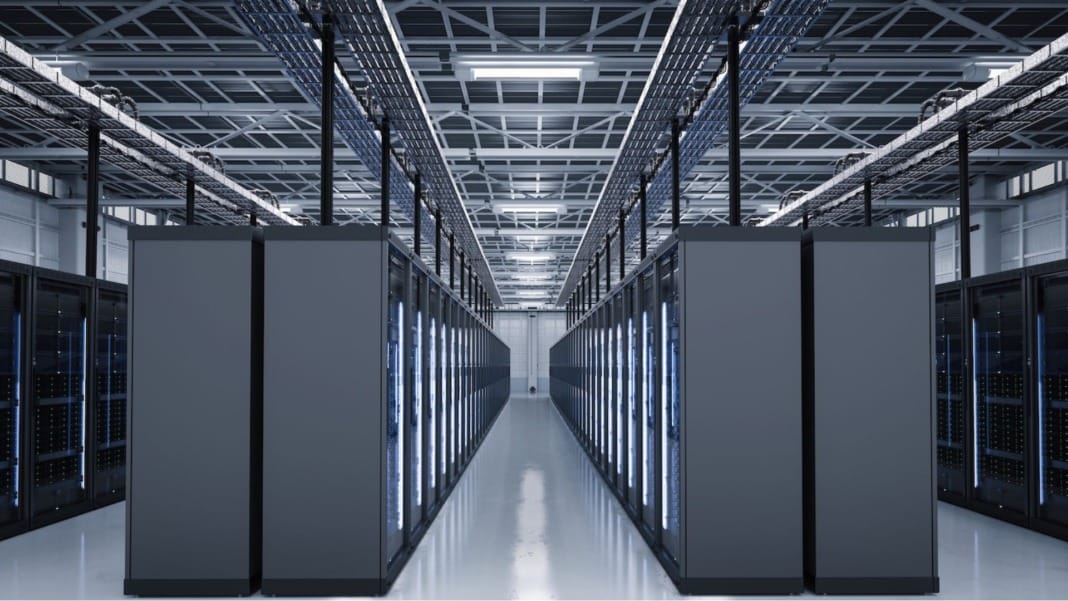The capacity of data centres in the Asia-Pacific (APAC) region is expected to double in the next five years, spurred by the growing adoption of artificial intelligence (AI) and cloud computing. This rapid growth, however, brings with it increased risks related to carbon transition and water management, according to analysts.
Massive growth in data centre capacity
Data centre capacity in the APAC region is set to grow at an impressive compound annual rate of nearly 20% through 2028, reaching around 24,800 megawatts (MW), more than double the current capacity of 10,500 MW, according to a report by Moody’s Ratings last week. This expansion will account for approximately 30% of the global data centre capacity growth, with over US$564 billion in investments expected.
The surge in generative AI software development within APAC drives this growth significantly. S&P Global noted that while North America currently leads the generative AI market with 63% of global revenues, aggressive investments in APAC will shift this balance. By 2028, APAC is projected to see its share of global AI software revenues grow from 14% to 20%, while North America’s share is anticipated to drop to 55%.
Impact on sustainability and resources
The expansion of data centres in the APAC region raises significant concerns regarding sustainability. As more data centres are built, a greater demand for electricity and water will increase, leading to heightened carbon transition risks. Non-sustainable energy sources currently power most data centres in APAC. As demand rises, this reliance on fossil fuels could make it challenging for tech giants and data centre developers to meet their net-zero targets.
Nidhi Dhruv, Vice President and Senior Credit Officer at Moody’s, emphasised that the rapid growth in demand for data centres could outpace the development of low-carbon energy sources. This challenges maintaining sustainability targets while accommodating the increasing need for data centre capacity.
According to the International Energy Agency, the rising adoption of generative AI technologies, such as OpenAI’s ChatGPT, is expected to double global data centre electricity consumption from 2022 to 2026. The substantial power requirements for operating and cooling these centres will exacerbate the strain on energy resources.
China, which leads the APAC data centre market with 3,956 MW of capacity, relies heavily on coal power. Last year, nearly two-thirds of its electricity came from coal. This heavy dependence on fossil fuels highlights the need to transition to renewable energy to mitigate environmental impacts.
Efforts to address environmental challenges
Governments in the APAC region are beginning to implement regulations to manage the environmental impact of data centres. China recently announced an action plan to promote the sustainable development of data centres, setting targets for improving energy efficiency and increasing the use of renewable energy sources.
Moody’s has recommended that data centre developers and tenants, particularly in markets with net-zero targets, consider long-term corporate power purchase agreements to secure renewable energy and reduce their carbon transition risks. These agreements can help ensure a stable supply of green energy, supporting the sustainability goals of both developers and their clients.
Addressing the associated environmental and resource management challenges will be crucial as the APAC data centre market continues to grow. By adopting sustainable practices and transitioning to renewable energy sources, the region can balance the need for expansion with the imperative of reducing its carbon footprint.





